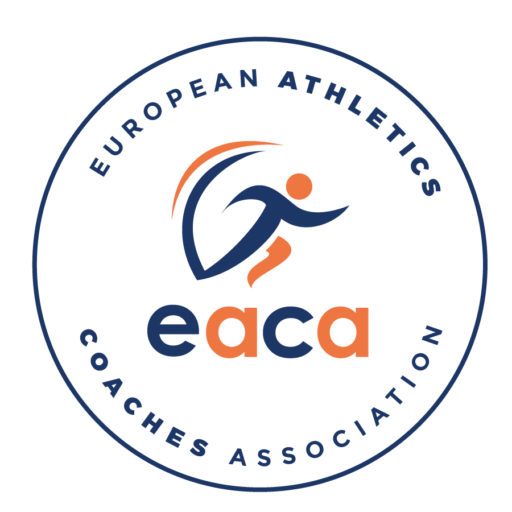It is a fact of life that even when we listen to the same presentation in the same conference, we each hear something different. So there will have been as many lessons learned from IFAC 2020 as there were participants!
So please read these lessons I learned in that context. Those who attended hopefully on reading these will be reminded of the excellent input from speakers and their own lessons learned will be reviewed and refreshed. Those who did not might reflect on the following and create their own.
As we move forward with IFAC and EACA, I think it would be a good idea after each IFAC to share our lessons learned and ideas they generate on dedicated pages of the EACA website. This would become our “learning locker room!”
So these for me were key take-aways as lessons learned.
- A winning culture is founded on a learning culture. Learning is a never ending story and we must bring structure to it if we are to be consistent winners:
- Build a robust foundation of basics and keep refreshing them
- Be meticulous in preparation and briefing
- Learn on the move from life experience
- De-brief forensically – hot and cold de-briefs
- Revisit and relearn from cumulative experience
- Coaches must adopt a new way of thinking in learning how to adapt to a hybrid approach of teaching and learning. What can be taught sits well with virtual communication. This embraces the science of coaching and the technical skills that are the tools of our trade. What can be learned sits best with practical experience. This embraces the art of coaching and the people skills in our work.
- Female and male coaches bring unique skill sets to coaching and it is clear we must be more committed to and engaged with understanding how to harmonize those skills not only to achieve athlete and coach development and performance excellence, but to bring coaching itself to a new level.
- The dreadful days we have been going through in the face of the COVID19 Pandemic has tested out ability to be creative, adaptable and versatile in applying our skills in a climate of restriction and uncertainty. But we have risen well to the challenge, even to learning on the move how to address mental and emotional health issues. Critically, such issues will not disappear when the Pandemic ends. Going forward we must sharpen our observation skills to be ahead of the game in recognising stress signatures to coach both athletes and coaches in being better prepared to protect against such issues.
- Related to this was an effective policy applied in the Netherlands of coaches holding training at a level of 6 week readiness to compete.
- Traditionally Coach Education Programmes do not teach coaches how to learn and as a consequence coaches do not normally teach athletes how to learn. Greater input to coach education programmes from Cognitive Psychology is essential to correcting this.
- As technology has greater and greater impact as a means of informing coaches decision making, Artificial Intelligence will become a valuable contributor in synthesising the tsunami of data now available. It is not more data that we need but digestible and usable information.
- Coaches have responsed to World Athletics President, Lord Coe’s “vision and interest that a body be formed from amongst the coaching community dedicated to Athletics Coaching related matters and to facilitate bringing necessary change.” That response is the creation of the Global Athletics Coaching Academy (GACA) embracing Education, Regulation, Support and Representation. Area and National Athletics Coaches Associations are part of GACA’s strategy in building a World Athletics Coaches Community. This is an important moment in Athletics History for coaches to be responsible and accountable for the future of Athletics Coaches and Coaching.
These were the bigger general take away lessons. There were many more at the specific level and I’m sure you’ll pick up on these by listening to the excellent presentations and panel discussions.
Sincerly,
Frank Dick OBE


